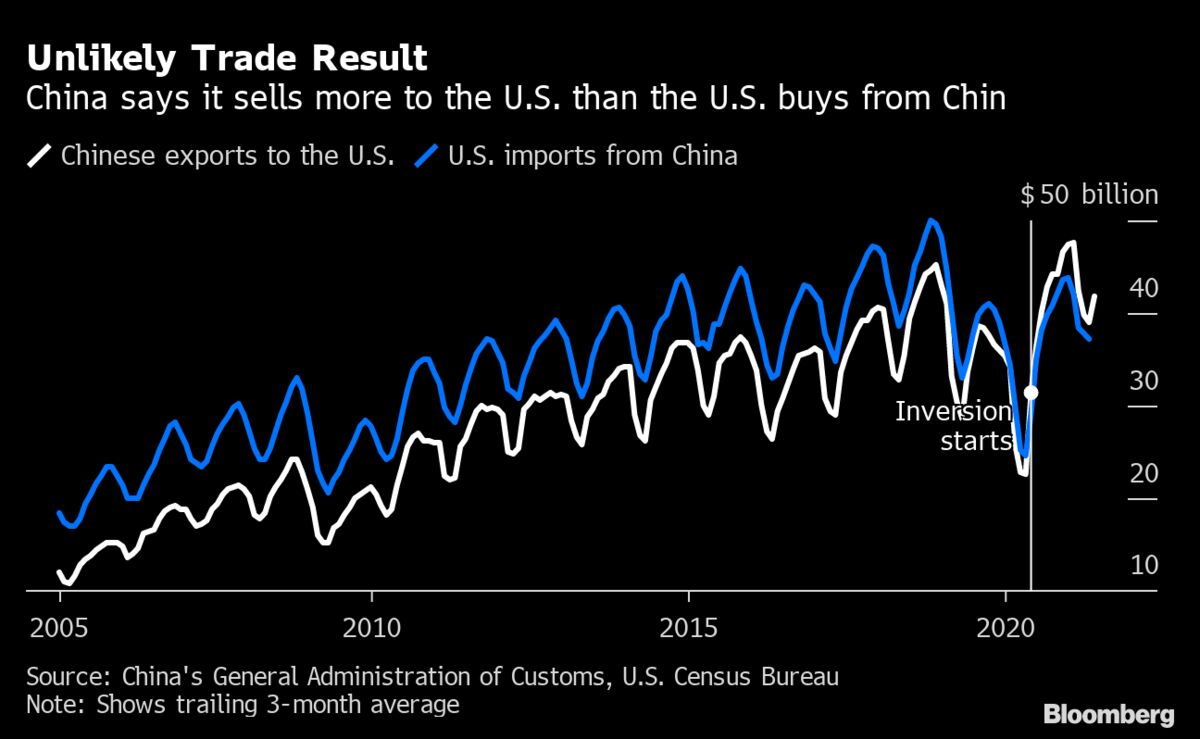China's Automotive Market: A Deep Dive Into The Experiences Of BMW And Porsche

Table of Contents
BMW's Strategy in China's Automotive Market
BMW's success in China is a testament to its adaptable strategy. The brand hasn't just imported vehicles; it has deeply integrated itself into the local market.
Localized Production and Models
BMW understands the importance of catering to Chinese consumer preferences. Instead of simply exporting models designed for other markets, they have focused on producing vehicles tailored to local tastes. This includes offering specific features and trim levels that resonate with Chinese buyers. The successful localization of models like the BMW X1, specifically designed and manufactured in China for the Chinese market, exemplifies this approach.
- Increased efficiency: Local manufacturing reduces transportation costs and lead times.
- Cost savings: Utilizing local suppliers and resources lowers production expenses.
- Better understanding of local needs: Direct engagement with the Chinese market allows for better adaptation to consumer preferences and demands.
- Potential supply chain vulnerabilities: Reliance on local suppliers carries the risk of disruptions.
Digitalization and Customer Experience
BMW has aggressively embraced digitalization in China. Recognizing the importance of online engagement, they've invested heavily in online sales channels and digital marketing strategies. This includes developing robust apps providing services like vehicle management and appointment scheduling.
- Online showrooms: Virtual showrooms provide convenient access to vehicle information and purchasing options.
- App-based services: Mobile applications offer a seamless customer experience, integrating various services.
- Personalized marketing: Targeted advertising campaigns reach specific customer segments based on their preferences.
- Improved customer support: Digital tools streamline customer service interactions and provide quick resolutions to issues.
Sustainability and Electric Vehicles
The Chinese government's push towards electric vehicles (EVs) has spurred BMW's investment in sustainable mobility solutions within the country. This includes significant investments in EV production facilities and partnerships with local charging network providers.
- Investment in EV production facilities: BMW is building dedicated EV manufacturing plants in China.
- Partnerships with charging network providers: Collaborations ensure adequate charging infrastructure for EV owners.
- Marketing campaigns focused on sustainability: BMW is actively promoting its commitment to environmental responsibility.
- Government incentives and regulations: Government policies incentivize EV adoption, influencing consumer choices.
Porsche's Approach to China's Automotive Market
Porsche's strategy in China centers on maintaining its premium brand image while adapting to the specific nuances of the market.
Premium Branding and Exclusivity
Porsche has successfully cultivated an image of exclusivity and luxury, aligning perfectly with the aspirations of many high-net-worth individuals in China. This is achieved through a combination of marketing, dealerships, and exclusive events.
- Luxury dealerships: Porsche maintains a network of high-end dealerships that reflect the brand's premium image.
- Exclusive events: Porsche organizes exclusive driving experiences and events to cultivate brand loyalty.
- Celebrity endorsements: Strategic partnerships with influential figures enhance brand recognition.
- Emphasis on craftsmanship: Highlighting the heritage and craftsmanship behind Porsche vehicles reinforces brand value.
Focus on Specific Market Segments
Porsche hasn't tried to appeal to every segment of the Chinese market. Instead, they have cleverly focused on specific niche markets, particularly SUVs and high-performance vehicles that cater to the desires of affluent consumers.
- SUV models: Porsche's Cayenne and Macan SUVs have been particularly successful in China.
- Specialized performance vehicles: Porsche’s focus on high-performance models resonates with enthusiasts.
- Tailored trim levels: Offering specific trim levels and features caters to individual preferences.
- Successful product launches: Strategic product launches tailored to the Chinese market have driven sales growth.
Digital Engagement and Community Building
Porsche understands the power of digital engagement. They have cultivated a strong online presence, fostering a community of Porsche owners and enthusiasts.
- Active social media presence: Porsche maintains active profiles on popular Chinese social media platforms.
- Online forums: Dedicated online forums provide a platform for owners to connect and share their experiences.
- Virtual events: Online events connect Porsche enthusiasts across China.
- Influencer marketing: Partnerships with key influencers increase brand awareness and engagement.
Comparative Analysis: BMW vs. Porsche in China
Both BMW and Porsche have achieved remarkable success in China, but their strategies differ significantly. BMW has prioritized localization and broad market appeal, while Porsche has concentrated on maintaining its premium brand image and targeting niche segments. A detailed comparative analysis, including market share data and profitability figures, would provide a more comprehensive understanding of their relative performance. Analyzing customer satisfaction surveys could also shed light on which brand resonates more effectively with Chinese consumers.
Conclusion
This article explored the diverse experiences of BMW and Porsche in navigating China's dynamic automotive market. We analyzed their distinct strategies, including localization, digitalization, and targeted marketing, highlighting both their triumphs and challenges. The success of both brands underscores the importance of adapting to local preferences, embracing digital technologies, and focusing on specific market segments. Understanding the unique characteristics of China's automotive market is crucial for international automakers seeking long-term success. To gain a deeper understanding of the intricacies and opportunities within China's automotive market, further research into specific market segments, consumer behavior, and government regulations is recommended. Continue learning about the success stories and challenges in China's Automotive Market to stay ahead of the curve.

Featured Posts
-
 The Magnificent Sevens 2024 Decline A 2 5 Trillion Market Value Loss
Apr 29, 2025
The Magnificent Sevens 2024 Decline A 2 5 Trillion Market Value Loss
Apr 29, 2025 -
 Minnesota Immigrants Career Advancement A Study On Higher Paying Jobs
Apr 29, 2025
Minnesota Immigrants Career Advancement A Study On Higher Paying Jobs
Apr 29, 2025 -
 Cost Cutting Measures Surge In U S As Tariffs Remain Unclear
Apr 29, 2025
Cost Cutting Measures Surge In U S As Tariffs Remain Unclear
Apr 29, 2025 -
 Fck Gegen Bayern Champions League Duell Ohne Betzenberg Feuer
Apr 29, 2025
Fck Gegen Bayern Champions League Duell Ohne Betzenberg Feuer
Apr 29, 2025 -
 Willie Nelsons Oh What A Beautiful World Release Date And Tracklist
Apr 29, 2025
Willie Nelsons Oh What A Beautiful World Release Date And Tracklist
Apr 29, 2025
